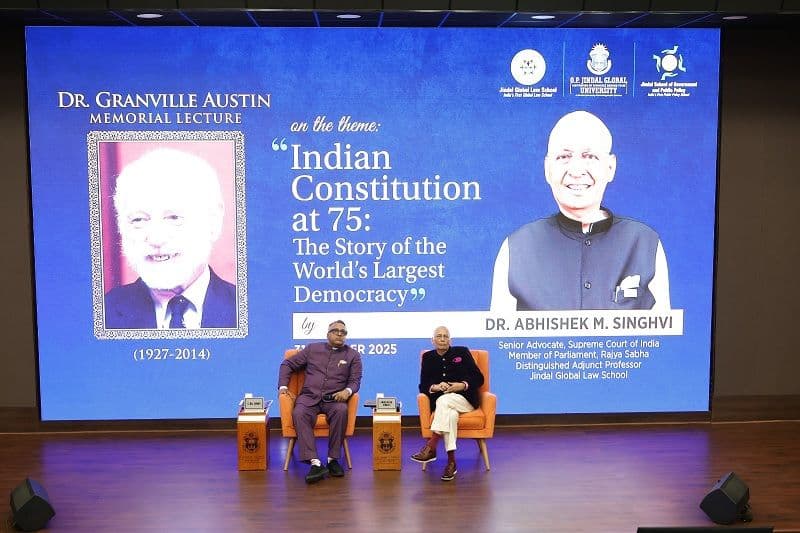As the world celebrates World Youth Skills Day on July 15, 2025, UNESCO has issued a powerful call to action: equip today’s youth with AI and digital skills to secure their future. This year’s theme, “Youth Empowerment Through AI and Digital Skills,” highlights the urgent need to bridge the gap between education and the evolving demands of a rapidly digitising world.
In This Article:
- Why World Youth Skills Day Matters
- Key Statistics That Define the 2025 Skill Crisis
- Economic Disengagement: A Global Red Flag
- AI Is the Future—But Not for Everyone Yet
- What UNESCO Urges in 2025
- Final Thought: A Global Responsibility
Why World Youth Skills Day Matters
Originally declared by the United Nations in 2014, World Youth Skills Day aims to promote awareness about the importance of equipping young people with technical, digital, and vocational skills to improve their employability, economic resilience, and ability to adapt in times of global change.
Key Statistics That Define the 2025 Skill Crisis
Global Disparities in AI Education and Readiness
- Only 22% of AI professionals globally are women, highlighting a serious gender imbalance.
- 86% of employers expect AI to significantly transform their business models by 2030, but current education systems lag behind.
- 48% of students say they feel unprepared for AI-integrated work environments.
Lack of Digital Infrastructure
- Just 54% of countries have developed national digital literacy standards.
- Only 10% of universities worldwide currently offer formal training in artificial intelligence.
- 90% of adolescent girls in low-income countries remain offline, with no access to learning or mentorship in the digital space.
Economic Disengagement: A Global Red Flag
According to UNESCO, 450 million youth globally—almost 70%—are economically disengaged due to inadequate access to relevant skills, training, and opportunities. This gap is most pronounced in emerging economies, where outdated curricula fail to align with real-world technologies.
AI Is the Future—But Not for Everyone Yet
With AI projected to reach a $4.8 trillion market value by 2033, access to AI literacy is becoming a key economic driver. But without equitable distribution of skills, millions of youth risk being left behind in a digitally dominated global economy.
What UNESCO Urges in 2025
This World Youth Skills Day, UNESCO has emphasized the need for immediate investment in:
- AI and digital education in schools and colleges
- Vocational and technical training programs
- Gender-inclusive policies and digital equity
- Access to online resources, mentorship, and employment pathways
“With the right digital and AI skills, today’s youth can become tomorrow’s innovators, problem-solvers, and leaders.”
— UNESCO-UNEVOC
Final Thought: A Global Responsibility
Empowering youth with AI and digital competencies is not just an education challenge—it’s a social, economic, and ethical imperative. As AI reshapes the workforce, today’s investment in youth skills will determine tomorrow’s global stability and progress.
By – Nikita




